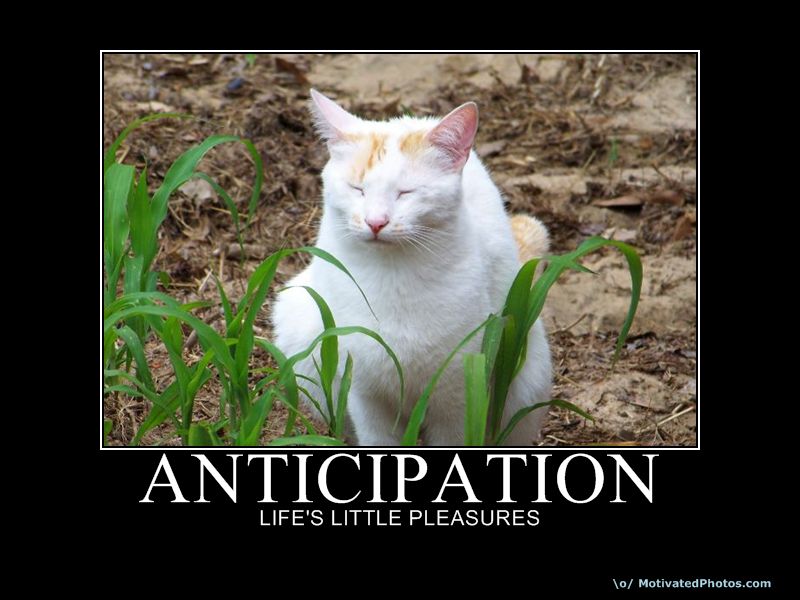Well, I think in the long run, it's going to be digital distribution that saves a lot of genres. RPGs in particular have a very long tail - look at how several years later games like the good Vampire one and Arcanum sell. But it's not the developer that benefits, it's the publisher.
Digital distribution does have its benefits, especially for smaller developers. But it also still has its limitations.
This way, hopefully, the developer will be benefiting from the long term sales - they might use kickstarter in the future, but hopefully won't have to rely on it once they get a game or two released and selling.
That would be nice if it worked out that way for a lot of developers.
I think that's really been one of Obsidian's problems - even though they make pretty good games, they've never been a publisher, only developer, so have never reaped the benefits as they basically just do contract work.
I don't know about you, but that sounds just like capitalism to me. Or at least what has generally been considered to be our version of capitalism, for the past half a century. A few wealthy executives benefiting exponentially more, from the extremely hard work of many skilled workers, is one of the many benefits of our capitalistic societies.
The idea being, that some day we too can become one of those few wealthy execs, who can become even wealthier, by exploiting your very own experienced laborers. Then you can decide to outsource the labor for cheap, and fire the, already low paid, local workers in order to become even wealthier than you know what to do with.
It's almost magical in its duality and perceptual permanence.
Sorry for the off topic rant. It's just that one of the underlining problems, our hobby faces, is much larger than the game industry as a whole. But we aren't suppose to acknowledge the problem or ever say anything bad about the system that helped to birth it.



